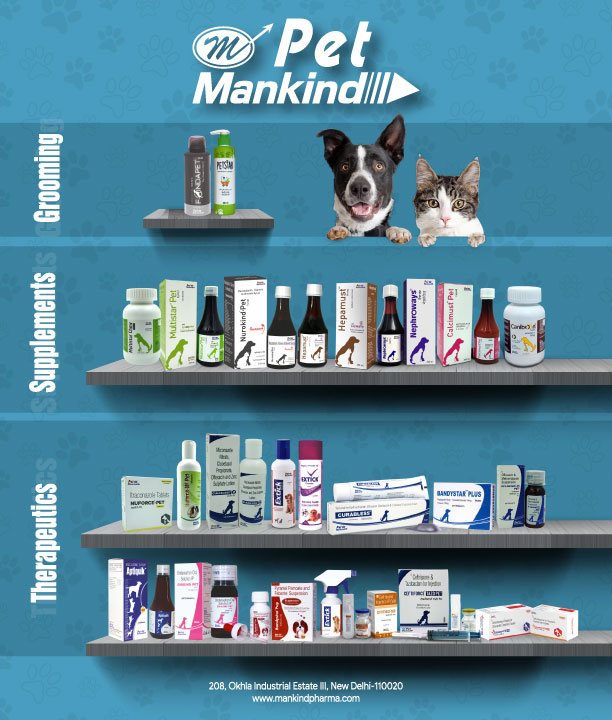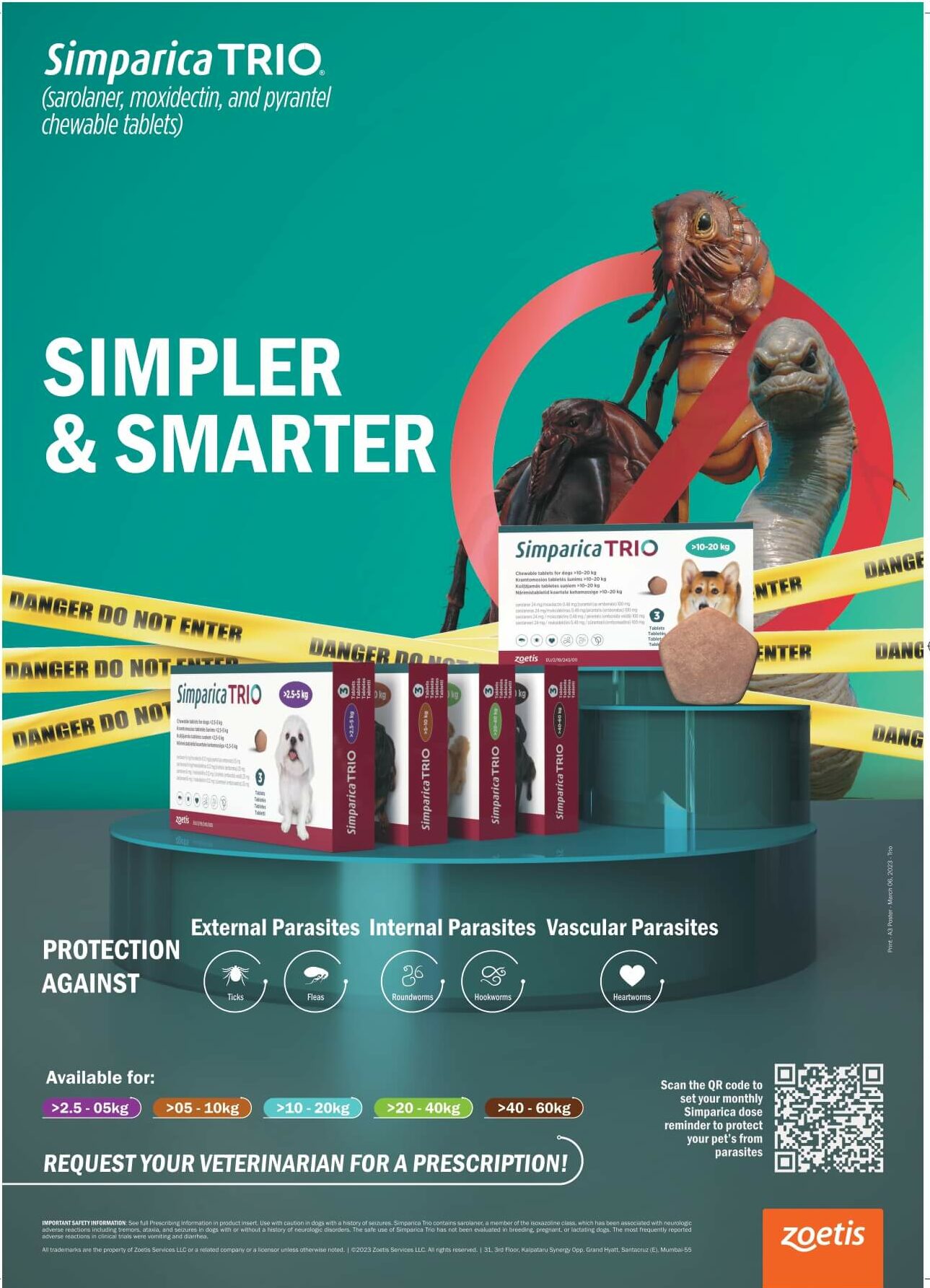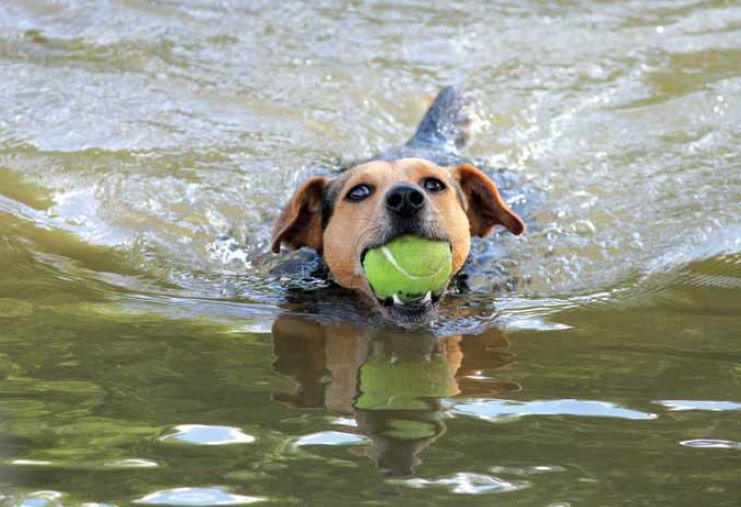
Dogs, our beloved four-legged companions, often exhibit curious behaviors that leave us pondering. One such puzzling phenomenon is when they suddenly start making peculiar, rhythmic sounds that resemble hiccups. But, do dogs really get hiccups? In this article, we will explore the fascinating world of canine hiccups, their causes, and whether they should be a cause for concern.
The Hiccup Phenomenon Hiccups are involuntary contractions of the diaphragm, followed by a sudden closure of the vocal cords, producing a characteristic “hic” sound. This common human experience is often thought to be exclusive to our species, but surprising as it may seem, dogs can also get hiccups.
Why Do Dogs Get Hiccups? The causes of hiccups in dogs can vary, just like in humans. Some common triggers include eating or drinking too quickly, excitement, anxiety, sudden temperature changes, or even strenuous exercise. In puppies, hiccups can be especially frequent and may occur during sleep or playtime. However, if hiccups become a persistent issue or last for an extended period, it could be a sign of an underlying health problem.
Are Hiccups Harmful to Dogs? Generally, hiccups in dogs are harmless and often resolve on their own. They may seem uncomfortable for your furry friend, but they rarely require intervention. However, it’s essential to monitor your dog’s hiccups, especially if they become chronic or are accompanied by other concerning symptoms such as vomiting, coughing, or labored breathing.
When Should You Be Concerned? While occasional hiccups are no cause for concern, chronic or severe hiccups should not be ignored. If your dog experiences persistent hiccups, consult your veterinarian. Chronic hiccups can be a symptom of more severe underlying conditions, such as gastrointestinal issues, respiratory problems, or neurological disorders.
Managing and Preventing Hiccups in Dogs To alleviate your dog’s hiccups, try to calm them down, as stress or excitement can be triggers. You can also offer small sips of water to help soothe their throat. Preventing hiccups involves feeding your dog slowly, avoiding sudden temperature changes, and providing a stress-free environment. In most cases, these simple measures can help reduce the frequency of hiccups.
In conclusion, yes, dogs can get hiccups, and they’re usually harmless. These peculiar occurrences are just another reminder of how similar our furry friends are to us. While occasional hiccups are nothing to worry about, it’s crucial to stay vigilant and consult your vet if they persist or if other concerning symptoms accompany them. After all, our dogs’ health and well-being are our utmost priority.










 " >
" >
 " >
" >